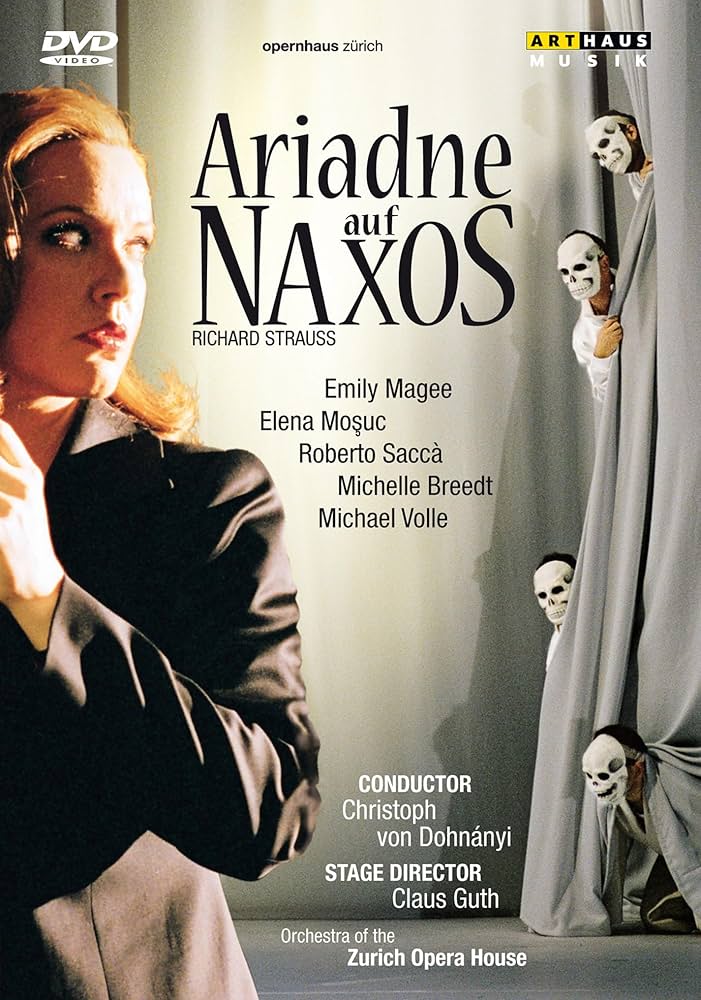
See my interview with Christoph von Dohnányi
|
Emily Magee (October
31, 1965 - ) received her education at Westminster Choir College and
Indiana University, where she studied with acclaimed dramatic soprano
Margaret Harshaw.
From there she began her operatic training at the Lyric Opera
of Chicago, where she also made her professional debut, returning to
that company to sing in several leading roles, including Fiordiligi,
Liù, Marguerite, and Ellen Orford. Shortly thereafter,
she began her European career with Daniel Barenboim
as Elsa in Berlin and as Eva in Meistersinger at the Bayreuth Festival
under the direction of Wolfgang Wagner. She enjoyed a very productive relationship
with the Staatsoper unter den Linden in Berlin for a number of years,
singing many leading roles, followed by a closely collaborative partnership
with the Opernhaus Zürich, where she sang in a wide variety of roles
for many years, and still performs today. Emily enjoyed six seasons
of performing with the Bayreuth Festival and then several seasons with
the Salzburg Festival. She has sung on the stages of all the great
opera houses of the world and become one of the most in demand artists
of the present day. Critically acclaimed for her interpretation of Strauss' complex and wide ranging heroines, alongside those of Wagner and Puccini, Emily's celebrated portrayal of the Kaiserin in Die Frau ohne Schatten has taken her to some of the world's most famed houses - La Scala, Tokyo, Hamburg, Zürich and, most recently, the Royal Opera House. It has become one of her signature roles, alongside Ariadne, which she has sung in Zürich, at the Salzburg Festival, at the Semperoper Dresden as well as the Bavarian State Opera. She has also triumphed in the roles of Elsa in Lohengrin, Elisabeth in Tannhäuser, and in further roles of Strauss, such as Salome, Arabella, Capriccio's Gräfin, and the Marschallin in Der Rosenkavalier. Recent role debuts include the role of Leonore in Fidelio as well as the heroines of Puccini's Tosca and La Fanciulla del West. In recent years, she has also performed in a wide variety of other roles, including Ursula in Mathis der Maler, the title role in Zandonai's Francesca da Rimini, and as Janáček's Jenůfa. Recent highlights include her Metropolitan Opera Debut as the Foreign Princess in Rusalka, and a series of concerts of Strauss' Four Last Songs with the leading orchestras of the day. Emily makes her
home in Boulder, Colorado. == Biography
excerpted from the artist's website |
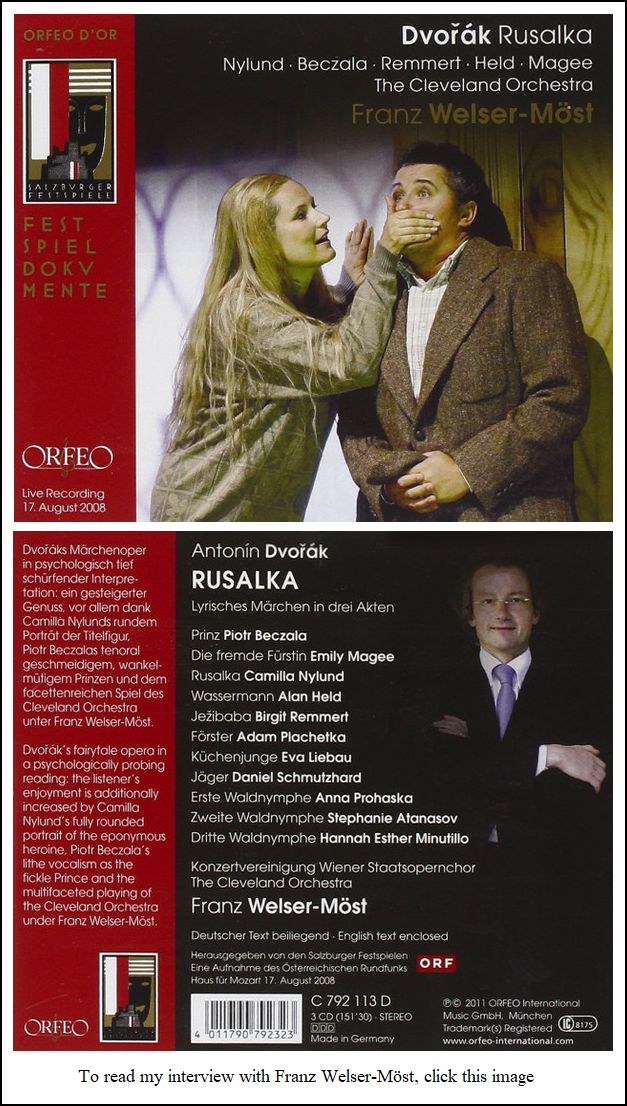
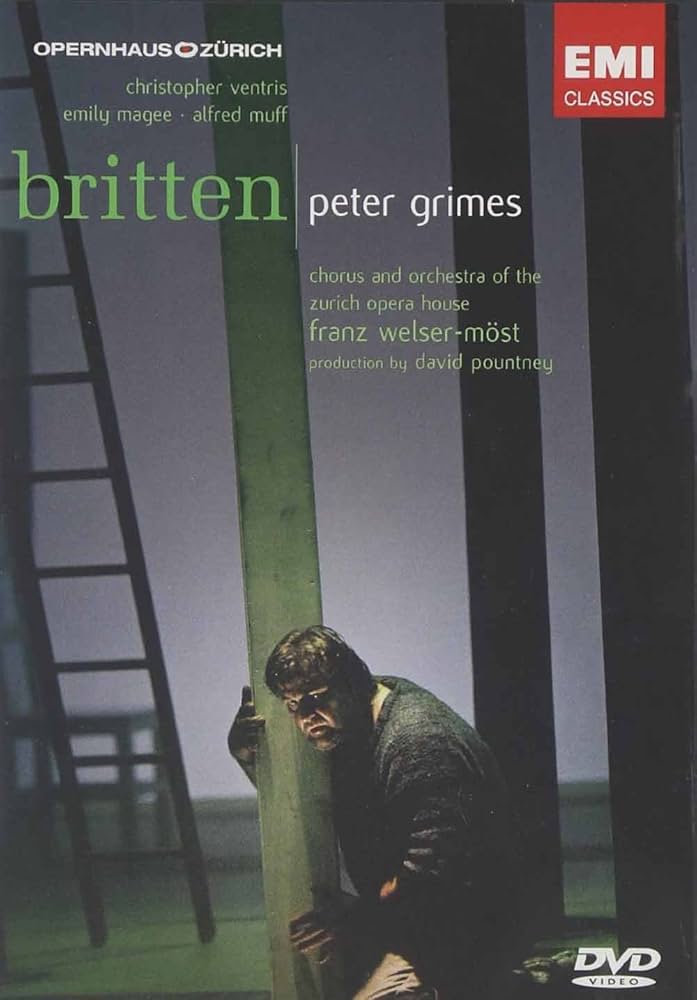
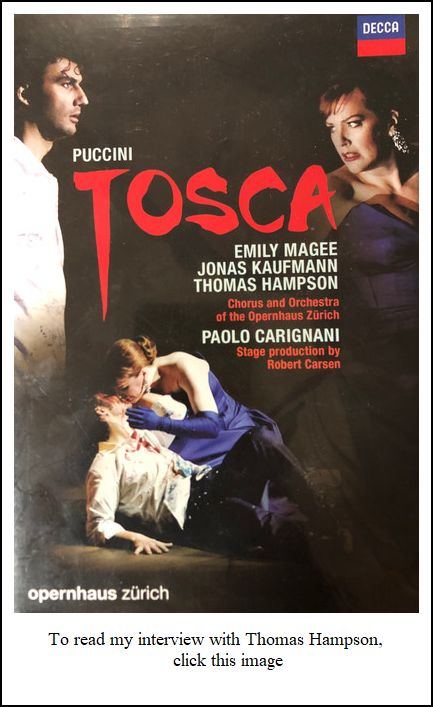
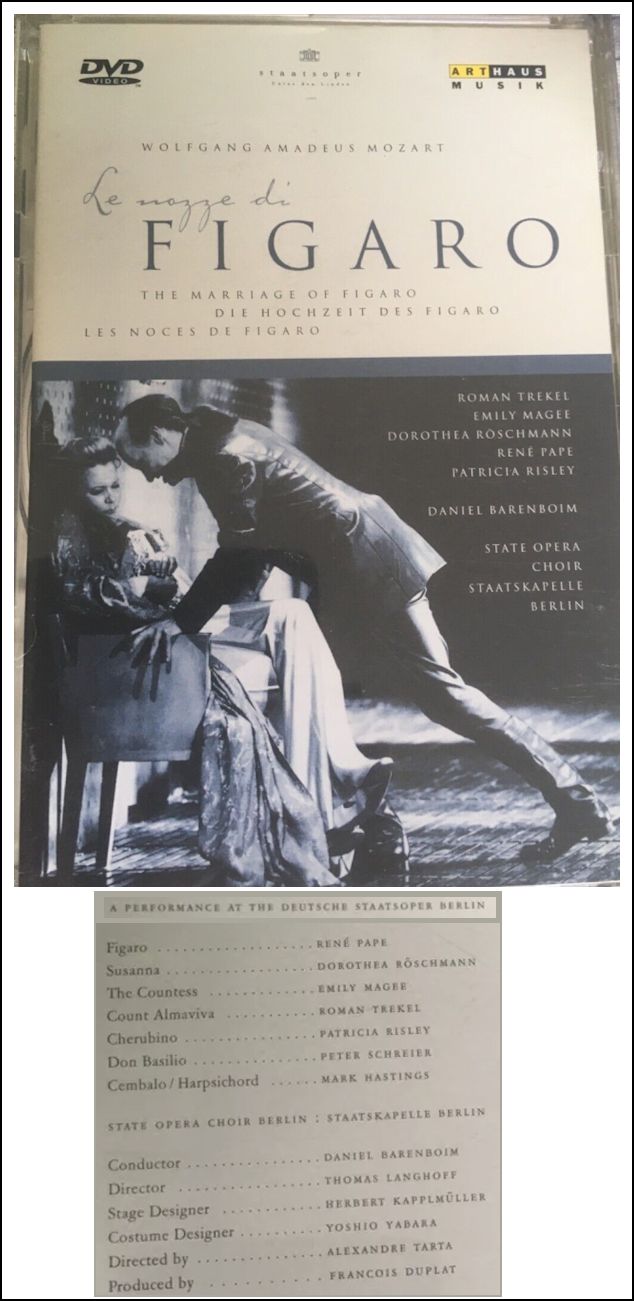
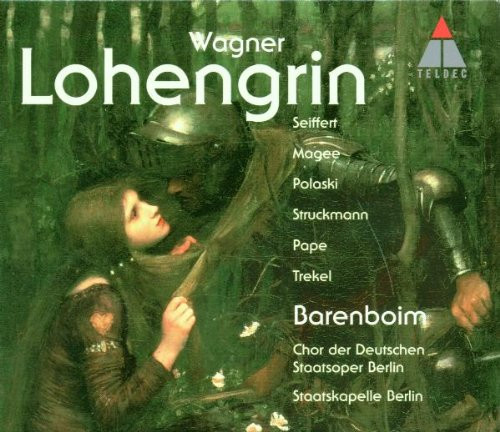
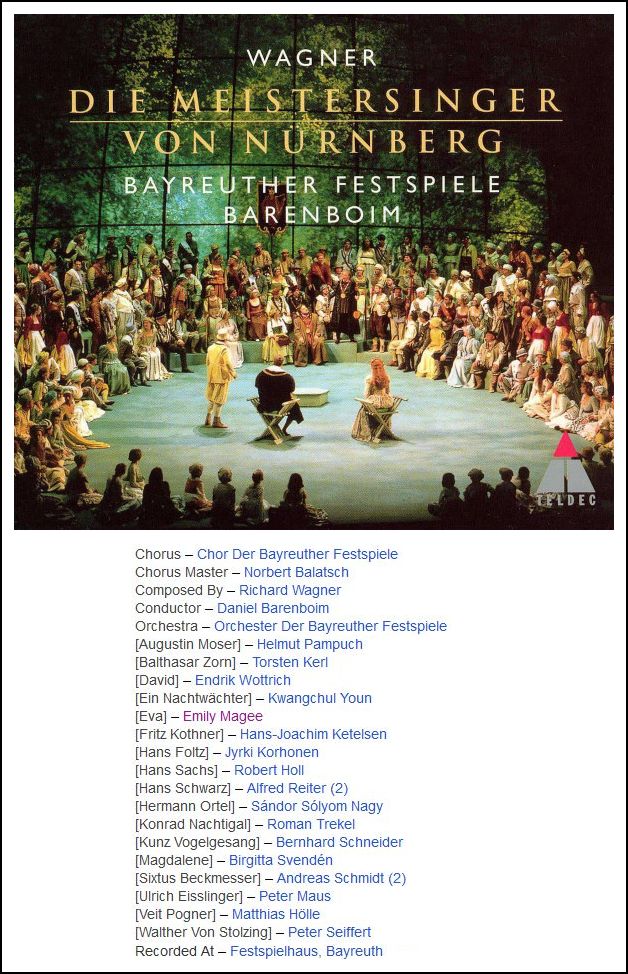
© 1997 Bruce Duffie
This conversation was recorded in Chicago on October 23, 1997. Portions were broadcast on WNIB a few days later, and again in 1999 and 2000. This transcription was made in 2024, and posted on this website at that time. My thanks to British soprano Una Barry for her help in preparing this website presentation.
To see a full list (with links) of interviews which have been transcribed and posted on this website, click here. To read my thoughts on editing these interviews for print, as well as a few other interesting observations, click here.
Award - winning broadcaster Bruce Duffie was with WNIB, Classical 97 in Chicago from 1975 until its final moment as a classical station in February of 2001. His interviews have also appeared in various magazines and journals since 1980, and he now continues his broadcast series on WNUR-FM, as well as on Contemporary Classical Internet Radio.
You are invited to visit his website for more information about his work, including selected transcripts of other interviews, plus a full list of his guests. He would also like to call your attention to the photos and information about his grandfather, who was a pioneer in the automotive field more than a century ago. You may also send him E-Mail with comments, questions and suggestions.